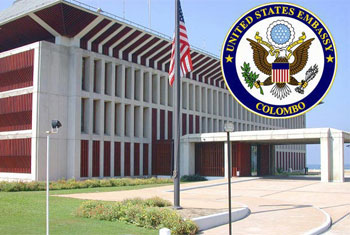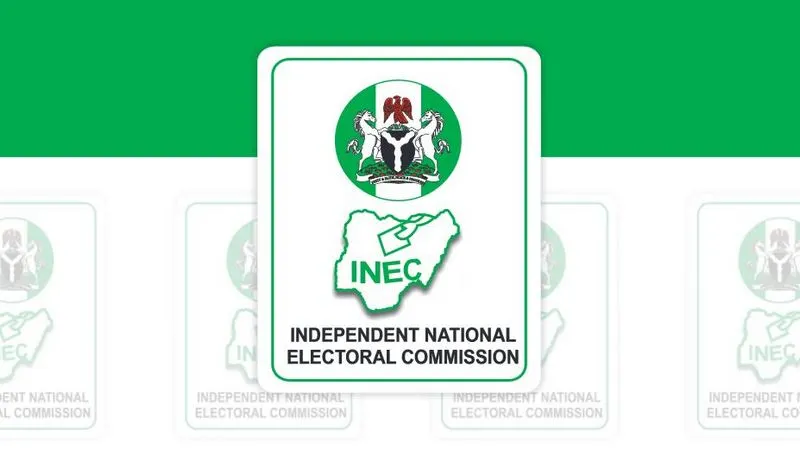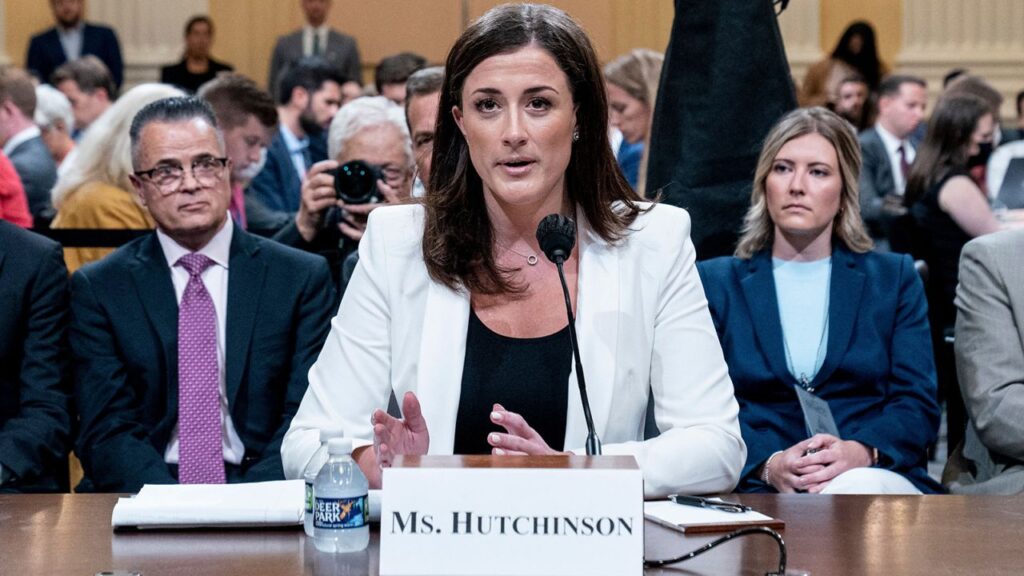Google has reached a settlement to address allegations that it tracked millions of US users even when they were browsing the internet in private mode.
The proposed settlement, filed in San Francisco federal court on Monday, requires Google to delete a significant amount of search data associated with users utilizing the Chrome browser’s incognito mode.
According to court documents, if approved by a judge, the settlement mandates Google to “delete and/or remediate billions of data records” linked to individuals using incognito mode.
Lawyer David Boies, representing the plaintiffs, described the settlement as a historic step towards ensuring transparency and honesty from dominant technology companies regarding user data.
“This settlement is an historic step in requiring dominant technology companies to be honest in their representations to users about how the companies collect and employ user data, and to delete and remediate data collected,” lawyer David Boies said in the filing.
The proposed deal, which is subject to approval by Judge Yvonne Gonzalez Rogers, would allow Google to avoid a trial in the class-action lawsuit.
While the settlement does not involve monetary damages, it provides an option for Chrome users who feel aggrieved to pursue separate legal action against Google for financial compensation.
The lawsuit, originally filed in June 2020, sought at least $5 billion in damages.
In response to the settlement, Google spokesperson Jorge Castaneda expressed satisfaction, stating that the company always believed the lawsuit was without merit.
“We are pleased to settle this lawsuit, which we always believed was meritless,” Google spokesman Jorge Castaneda said in a statement.
“We are happy to delete old technical data that was never associated with an individual and was never used for any form of personalization.”
The lawsuit focused on Google’s “Incognito Mode” feature in the Chrome browser, which plaintiffs argued misled users into believing their online activities were not being tracked.
Internal Google emails presented in the lawsuit revealed that users in incognito mode were indeed being tracked for purposes such as measuring web traffic and targeting advertising.
As part of the settlement, Google will be required to block third-party tracking cookies by default in Incognito Mode for the next five years. Third-party cookies, used to target advertising by monitoring web navigation, will be limited to enhance user privacy.
Google’s move to limit third-party cookies follows its announcement in January 2020 of plans to phase out such cookies within two years.
The decision has faced delays amid opposition from web media publishers and increased regulatory scrutiny, including regulations such as the European Union’s General Data Protection Regulation and California’s privacy laws.



























